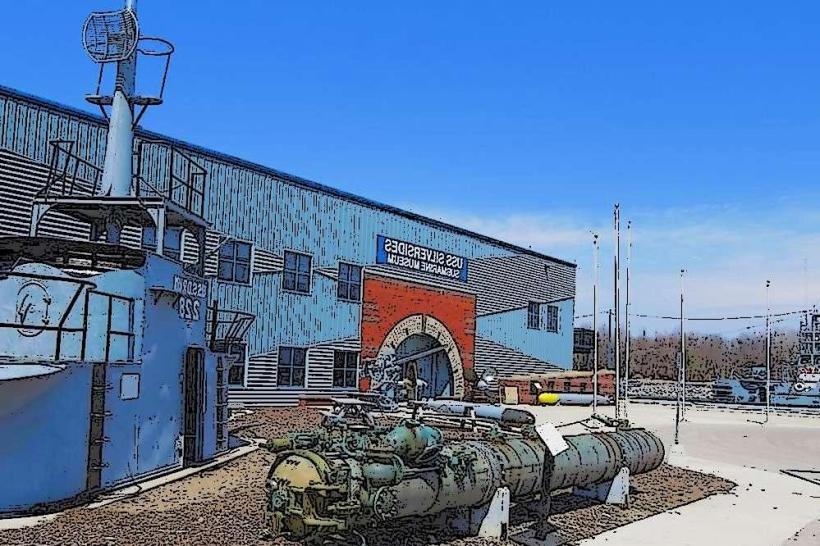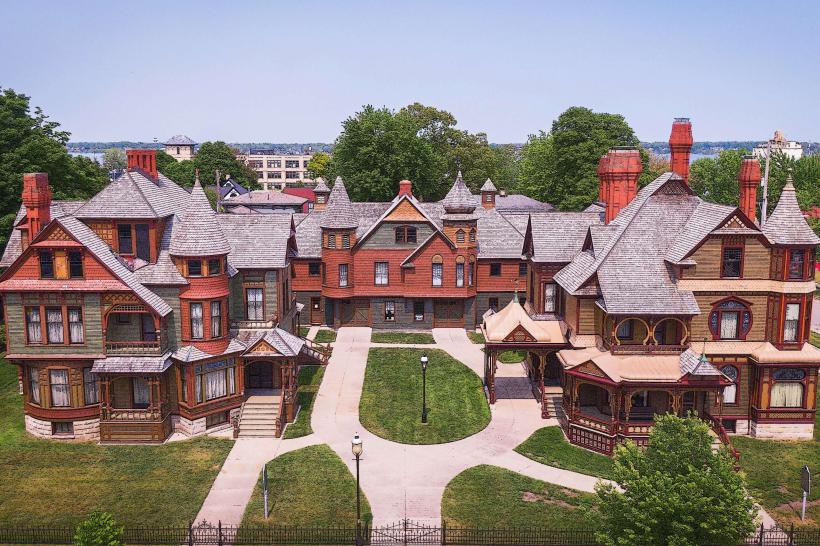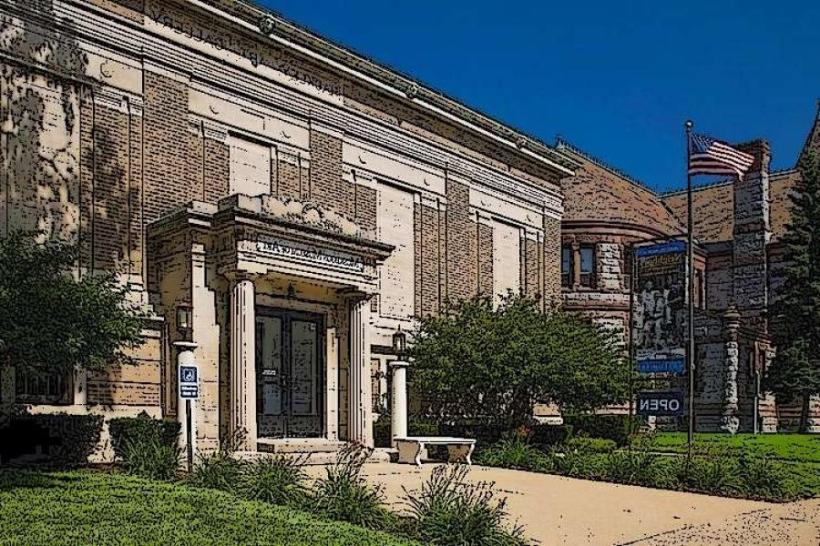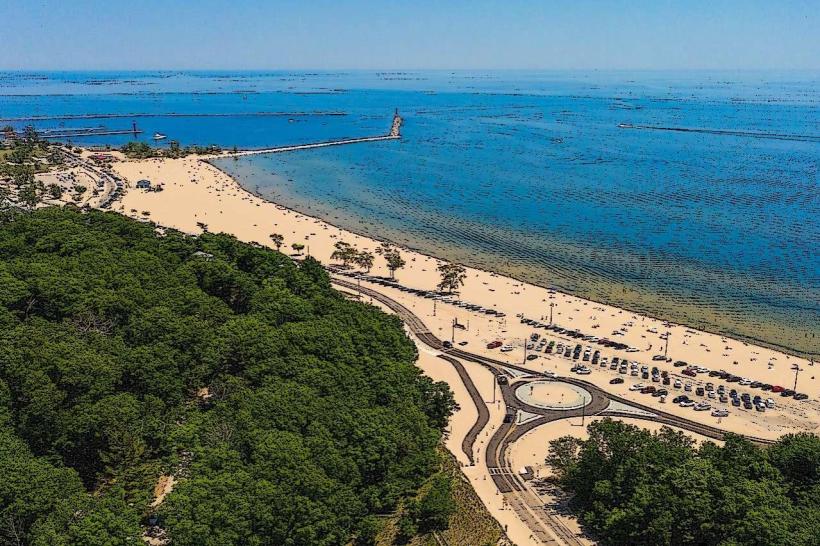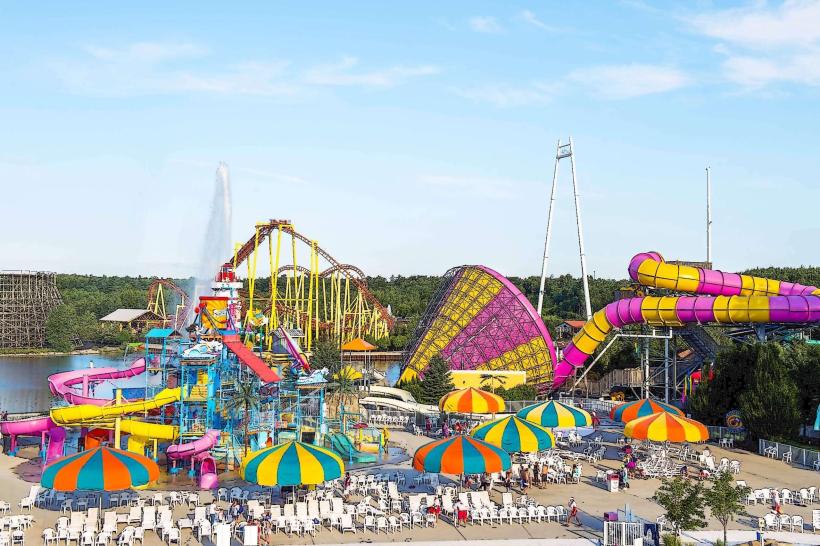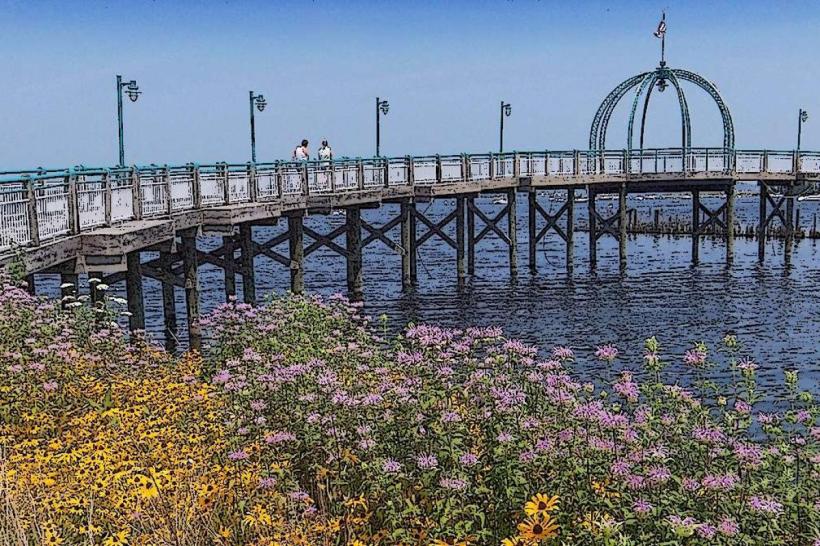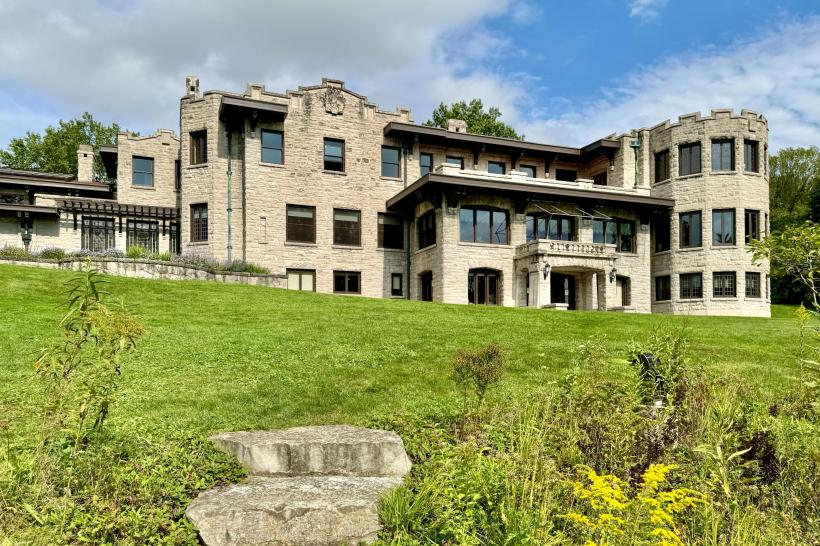Information
Landmark: Frauenthal Center for Performing ArtsCity: Muskegon
Country: USA Michigan
Continent: North America
Frauenthal Center for Performing Arts, Muskegon, USA Michigan, North America
The Frauenthal Center for Performing Arts is a multi-venue performing arts complex located in downtown Muskegon, Michigan.
It houses two distinct theaters: the Frauenthal Theater and the Beardsley Theater.
Visual Characteristics
The Frauenthal Theater is a historic structure featuring a Beaux-Arts architectural style. Its exterior is primarily constructed of brick and stone. The interior is characterized by ornate plasterwork, gilded detailing, and a large proscenium arch. The Beardsley Theater is a more modern addition, with a simpler, functional design.
Location & Access Logistics
The Frauenthal Center is situated at 425 W. Western Avenue, Muskegon, MI 49440. It is approximately 0.5km west of the Muskegon city center. On-site parking is available in a dedicated lot adjacent to the building. Public transport options include the Muskegon Area Transit System (MATS) bus routes that service Western Avenue.
Historical & Ecological Origin
The Frauenthal Theater was originally built in 1927 as the Ritz Theater, a vaudeville and movie palace. It underwent significant renovation and was renamed the Frauenthal Theater in 1976. The Beardsley Theater was added later as an expansion.
Key Highlights & Activities
Attend live theatrical performances, concerts, and other cultural events. Guided tours of the historic Frauenthal Theater are available by appointment. The center hosts a variety of touring Broadway shows and local productions.
Infrastructure & Amenities
Restrooms are available within both theaters. Limited seating areas provide shade in the outdoor vicinity. Cell phone signal (4G/5G) is generally reliable in the downtown area. Food and beverage options are available for purchase at the venue during events, and several restaurants are located within a 0.5km radius.
Best Time to Visit
Performance schedules vary throughout the year. The best time for photography of the exterior is during daylight hours. For optimal attendance, check the venue's official schedule for specific performance dates.
Facts & Legends
A local anecdote suggests that the original architect of the Ritz Theater incorporated a hidden symbol within the ceiling plasterwork, though its exact location and meaning remain a subject of local speculation.
Nearby Landmarks
- Muskegon Museum of Art (0.2km East)
- Hackley Public Library (0.3km Northeast)
- Lakeshore Museum Center (0.4km East)
- Mart Dock (0.8km West)
- Pere Marquette Park (1.2km Northwest)


